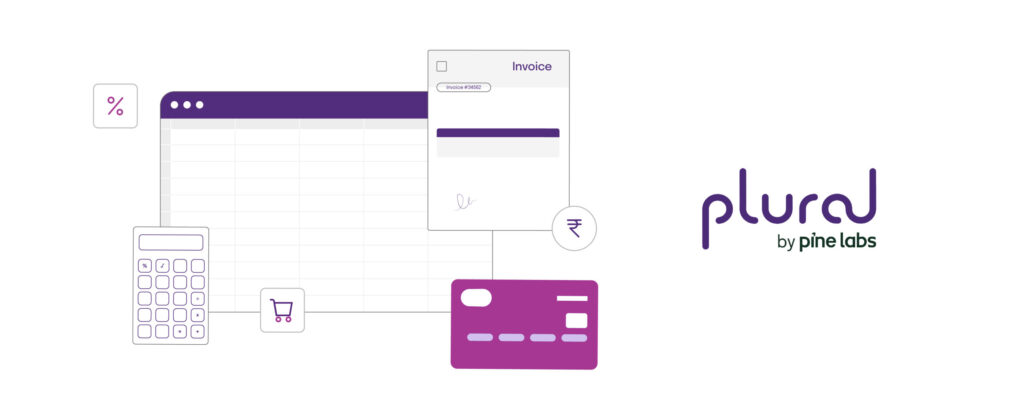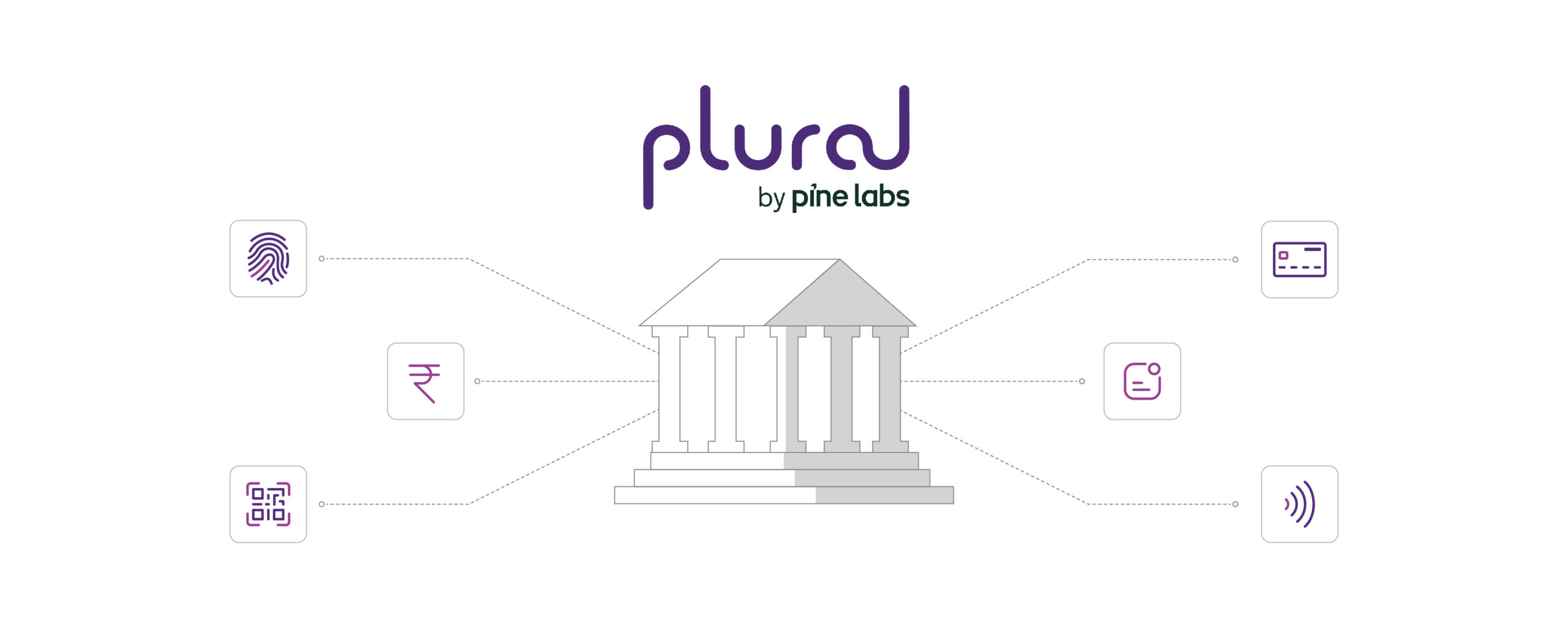As more consumers shift to digital payments, merchants and eCommerce platforms will be able to accelerate business growth. According to the Reserve Bank of India (RBI), India’s digital transactions across retail and wholesale payment channels grew by over 2.5 times to 113.9 billion, with a transaction value of over $24.14 Trillion in FY 2022-2023.
Despite the promising growth trajectory, many businesses need to fill in a major gap – facilitating automated, secure, seamless vendor payments. Vendors, also known as suppliers, play an integral role in a business’s success trajectory.
Timely vendor payments strengthen relationships, but with growing numbers, challenges arise. In this regard, technology ensures accurate, on-time payments, simplifying tax computations for businesses.
In this blog, we deconstruct vendor payouts, challenges faced by businesses, and the business advantages of automating payments. Read on!
What are enterprise vendor payouts?
The process of paying vendors or suppliers at scale is known as enterprise vendor payouts, also known as supplier payouts. This is an important aspect of the vendor management cycle for companies.
For instance, an eCommerce business will have a large network of sellers registered on their platform, selling their products. A supermarket will have a larger number of brands supplying beverages, food products, and vegetables to their offline stores. B2B businesses also have suppliers, who need to be paid on time to sustain the relationship and stay in business.
As the number of vendors grows, businesses need to make the process more efficient and factor in various terms and conditions. For instance, they may need to make instant payments and also process thousands of payments simultaneously.
There is a need for efficiency and timeliness in vendor payouts, especially as businesses scale. However, businesses face several challenges in meeting these demands.
Key challenges with enterprise vendor payouts
Here is a snapshot of the problem areas faced by businesses when executing vendor payouts:
Errors and omissions
Many businesses use spreadsheets and manual interventions, such as data entry, when processing payouts. This approach can lead to errors in payouts. There is also the potential to completely miss out on payouts, which can create friction with vendors. In turn, supplies may be delayed, and relationships may be severed.
Tax compliance issues
Vendor payouts will vary based on the relevant state, country, and industry-related tax laws. The difference in tax laws makes it challenging for accounting teams to meet the necessary compliance needs. This task can consume extensive human labor. Lack of tax compliance can result in consequences, such as penalties.
Inability to execute multiple payments at one time
As businesses scale, it becomes challenging for them to execute multiple payments at the same time from a bank account. If the bank’s server is down, it becomes an even greater challenge. A lack of efficient, scalable solutions can slow down business growth.
Lack of security
With digital transformation, there also comes the risk of data breaches, virus attacks, and phishing attacks. Financial transactions are especially at risk. Hence, businesses need to invest in solutions that come with the promise of higher security.
Lack of instant payments
The promise of instant payouts can strengthen vendor relationships and enable them to prioritize your businesses. However, instant payments can be expensive, and making instant payments in bulk is a challenge.
Lack of reconciliation reports
No access to proper reconciliation reports can result in chaos and a lack of accountability for businesses. Lack of data also makes it challenging for businesses to study trends and build stronger solutions that can help cement vendor relationships.
Addressing challenges with technology
Businesses require cost-effective, automated payment solutions to enable them to meet their vendor payout needs effectively.
Access to a professionally designed payment gateway enables businesses to save on costs, run with lean accounting and payment teams, expedite vendor payouts, and get access to valuable payment data.
Here is an overview of the key benefits:
Enhance payout capabilities
Businesses can leverage the gateway to execute bulk vendor payouts with a single click to multiple banks. They can automate instant payments in bulk. Businesses can schedule payouts for a later date.
Enhance security
All payouts can be validated properly before initiating any transaction. This is a cost-effective solution that comes with high-security measures to protect businesses and the financial data in their ecosystem.
Be tax compliant
Businesses can customize dashboards to ensure relevant tax rules across the entire payout workflow rather than relying on human interventions. This is an especially important feature since tax laws keep evolving, sometimes overnight.
Grow efficiency
Businesses can streamline their payout function, run with lean teams, and reduce errors in their vendor payouts.
Make data-driven decisions
A payment gateway comes with strong data analytics, which enables businesses to generate massive amounts of valuable data insights. They can review patterns, forecast trends, and predict future developments.
Scale faster
They can scale their businesses much faster. They can bring more vendors of varying sizes on board and be flexible in meeting diverse vendor payout needs.
The takeaway
Ensuring that vendor payouts happen on time and that they are precise is a best practice for merchants aiming to build a successful, sustainable, and profitable business. This is where tech-enabled payment gateways can enable automated, secure, efficient, and accurate bulk vendor payouts without manual interventions. Payments teams can leverage this software to bring efficiency to this function while scaling the business at speed.
Check out another article on how vendor payouts are evolving in India and some new ways to manage vendor payouts efficiently.
We offer a range of payment solutions, including vendor payouts, customer refunds, and salary payouts to employees. Businesses can schedule multiple payouts, facilitate bulk payments, reduce manual interventions, and eliminate errors. Plural also offers a full spectrum of affordability options, including a robust EMI engine (includes cardless, card, and brand EMIs), payment links, and Buy Now Pay Later.
Our payment gateway also backed by industry’s best security systems to protect customer data. With Plural Gateway, businesses can access a hassle-free integration experience and round-the-clock tech support. To learn more about Plural Gateway, write to us at pgsupport@pinelabs.com.
Consider our Affordability Suite when looking into secure gateways. With an emphasis on superior security, we provide a range of payment alternatives, including card payments, no-cost or low-interest EMIs, and cardless EMIs.
Plural by Pine Labs has received an in-principle authorization from the Reserve Bank of India (RBI) to operate as a Payment Aggregator.

Experienced marketing professional specialising in setting up and executing go-to market strategies to improve leads, increase brand awareness, optimise funnel and maximise revenue of a business.




